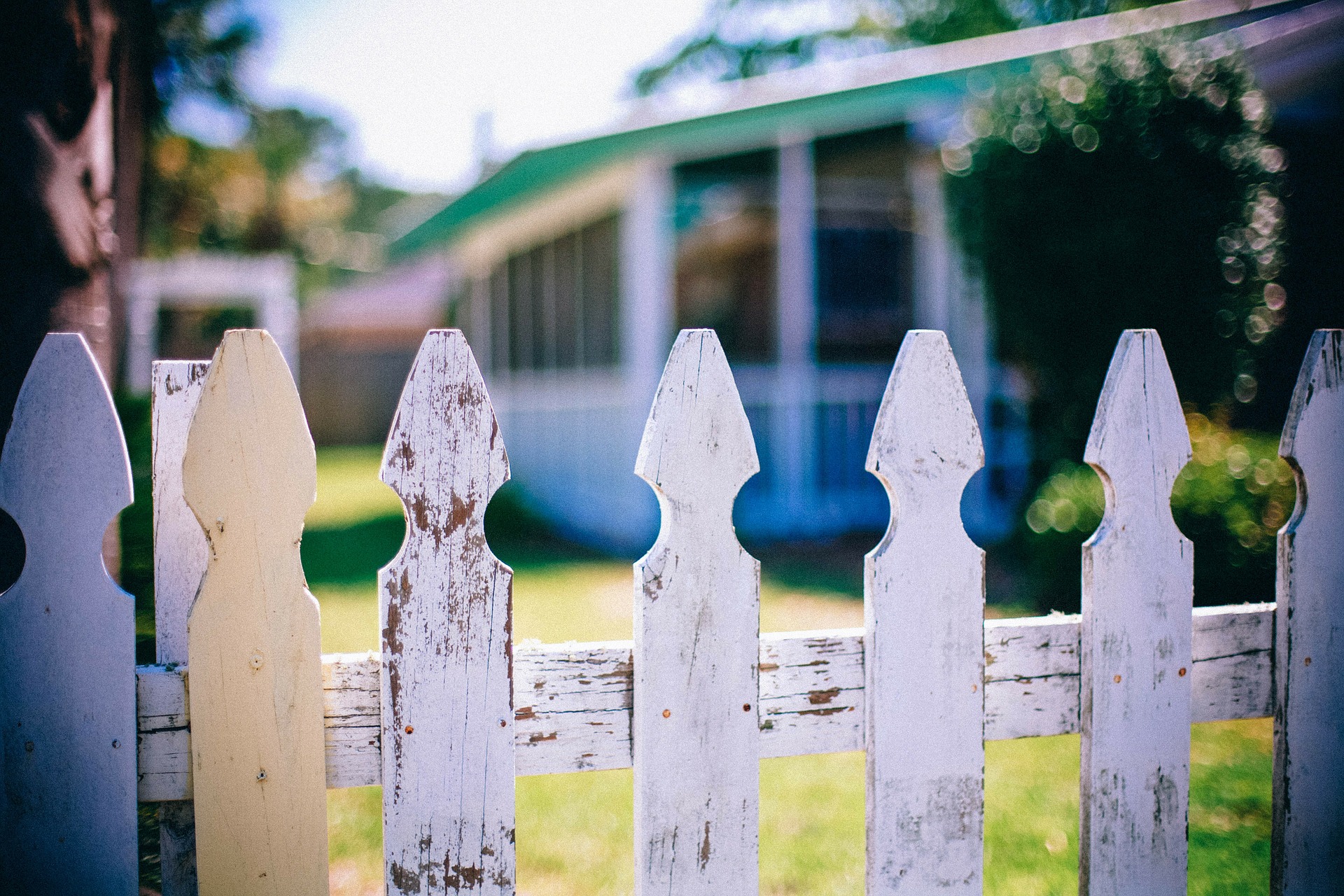The Protection of the Environment Operations Act (Noise Control) Regulation 2017 outlines what is acceptable and not acceptable neighbourhood noise.
The act defines an offensive noise to mean:
(a) that by reason of its level, nature, character or quality, or the time at which is made or any other circumstance:
(i) is harmful to (or is likely to be harmful to) a person who is outside the premises from which it is emitted, or
(ii) interferes unreasonably with (or is likely to be harmful to) the comfort or repose of a person who is outside the premises from which it is emitted, or
(b) that is a level nature, character or quality prescribed by the regulations or that is made at a time, or in other circumstances prescribed by the regulations.
As a general rule, your neighbours will be committing an offence after a warning has been given by either the local council or the police and neighbourhood noise can be heard within a habitable room within your residence.
| Source of Noise | Time Restrictions |
| Power tools | Allowed between 7am and 8pm (Monday to Saturday) & 8am and 8pm (Sunday & Public Holidays) |
| Music | Allowed between 8am and 12am (Friday, Saturday and day before Public Holidays) & Allowed between 8am and 10pm (Sunday – Thursday) |
| Air Conditioners and Pumps | Allowed between 8am and 10pm (Saturday, Sunday and Public Holidays) & Allowed between 7am and 10pm (Monday – Friday) |
| Motor Vehicles (except when entering or exiting premises) | Allowed between 8am and 8pm (Friday, Saturday and day before Public Holidays) & Allowed between 7am and 8pm (Monday – Friday) |
The penalty for breaching this legislation is generally $200 for individuals and $400 for corporations, although a court can also impose a fine of $5,500 for individuals and $11,000 for corporations.
It should be noted that the NSW State Government has also introduced rules that would allow construction work to be done outside of ordinary hours.
You also have the option of contacting your neighbours personally or via written correspondence if you would prefer. This potentially allows you to resolve the issue more amicably without the need to contact the police or local council.
How can we help?
O’Brien, Connors and Kennett Lawyers could act as a mediator on your behalf with your neighbour. We can also contact the police or local council on your behalf if you believe that this would ensure that the police or local council take the complaint seriously.
It is also a good idea to document any unacceptable noise where possible. This can be done via a taking a video of the relevant noise or alternatively through keeping a diary. You can also download a “Noise App” which records samples of the noise as well as the date and time or the noise. This can then be provided to the police, local council or court as required.
DISCLAIMER: The information contained in this article is general and is not intended to be advice on any matter. It is for information only and is not legal advice. In the event of a legal problem, you should seek legal advice.











